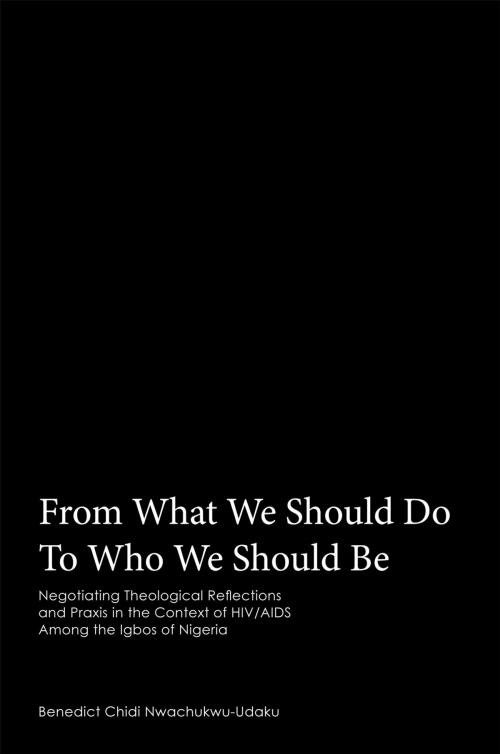From What We Should Do to Who We Should Be
Negotiating Theological Reflections and Praxis in the Context of Hiv/Aids Among the Igbos of Nigeria
Nonfiction, Home & Garden, Antiques & Collectibles, Books| Author: | Benedict Chidi Nwachukwu-Udaku | ISBN: | 9781463414122 |
| Publisher: | AuthorHouse | Publication: | August 5, 2011 |
| Imprint: | AuthorHouse | Language: | English |
| Author: | Benedict Chidi Nwachukwu-Udaku |
| ISBN: | 9781463414122 |
| Publisher: | AuthorHouse |
| Publication: | August 5, 2011 |
| Imprint: | AuthorHouse |
| Language: | English |
HIV/AIDS constitutes a global problem. A good number of scholars from different nationalities, multiple rationalities, religious sensibilities, theological intelligibilities and ethical, cultural, and ecclesiastical backgrounds have affirmed that this worldwide quagmire constitutes a global health problem and social malady which does not have a well-defined geographically limited spread. The global nature of HIV/AIDS as seen in the statistics does not however undermine the fact that the effects of this sickness are not felt proportionally from one nation to another. This book proposes to situate the local as a veritable site of empowerment for communities dealing with HIV/AIDS, as it is the case with the African continent. The author of this book, over and above the way the problem of HIV/AIDS has been constructed, projected, and reviewed, decided to situate this epidemic of the 20th Century within the socio-cultural and political context of the Nigerian nation with particular reference to the Igbo people. The task of contextualizing this problem reveal the identity of the author as an Igbo, and as a theologian, who engages the indigenous ethical principles, unsophisticated traditional wisdom, cultural and religious values of his people in offering solutions that resonate the cultural identity of his people in dialogue with modern and post-modern constructs.
HIV/AIDS constitutes a global problem. A good number of scholars from different nationalities, multiple rationalities, religious sensibilities, theological intelligibilities and ethical, cultural, and ecclesiastical backgrounds have affirmed that this worldwide quagmire constitutes a global health problem and social malady which does not have a well-defined geographically limited spread. The global nature of HIV/AIDS as seen in the statistics does not however undermine the fact that the effects of this sickness are not felt proportionally from one nation to another. This book proposes to situate the local as a veritable site of empowerment for communities dealing with HIV/AIDS, as it is the case with the African continent. The author of this book, over and above the way the problem of HIV/AIDS has been constructed, projected, and reviewed, decided to situate this epidemic of the 20th Century within the socio-cultural and political context of the Nigerian nation with particular reference to the Igbo people. The task of contextualizing this problem reveal the identity of the author as an Igbo, and as a theologian, who engages the indigenous ethical principles, unsophisticated traditional wisdom, cultural and religious values of his people in offering solutions that resonate the cultural identity of his people in dialogue with modern and post-modern constructs.















